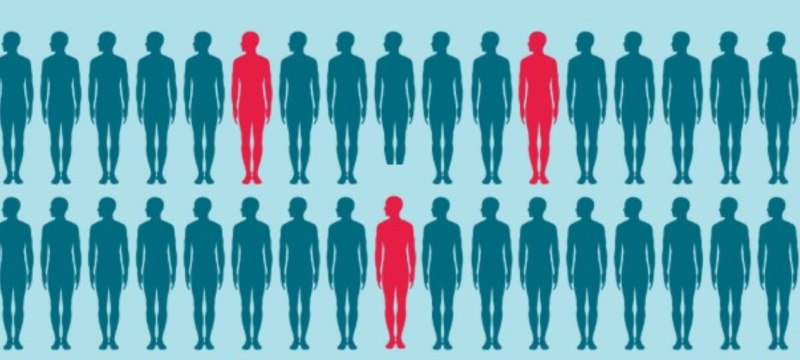Some of the rarest genes in humans are responsible for remarkable and unusual traits that only a tiny fraction of the population possess. For example, psychopathy, a complex behavioral condition, affects about 1 in every 113 people worldwide. This rare genetic influence plays a role in shaping certain personality traits and behaviors.
Another extraordinary genetic trait is heterochromia, where a person has two different colored eyes. This condition is seen in about 1 in 2,500 individuals and is often admired for its striking appearance. Similarly, having six fingers, known as polydactyly, occurs in roughly 1 in 13,400 people and is linked to rare gene variations.
Even rarer is the gene causing “golden blood,” an extremely scarce blood type found in only 1 in 170 million people globally. This blood type is highly valuable for medical treatments due to its unique compatibility. Adding to the list of rare traits is uncombable hair, affecting just 1 in 900 million people. This unusual condition gives hair a distinctive texture that is difficult to manage.
These rare genes highlight the incredible diversity of human genetics and how unique traits can be passed down through generations. Scientists continue to study these genes to better understand human biology and develop specialized medical treatments.









